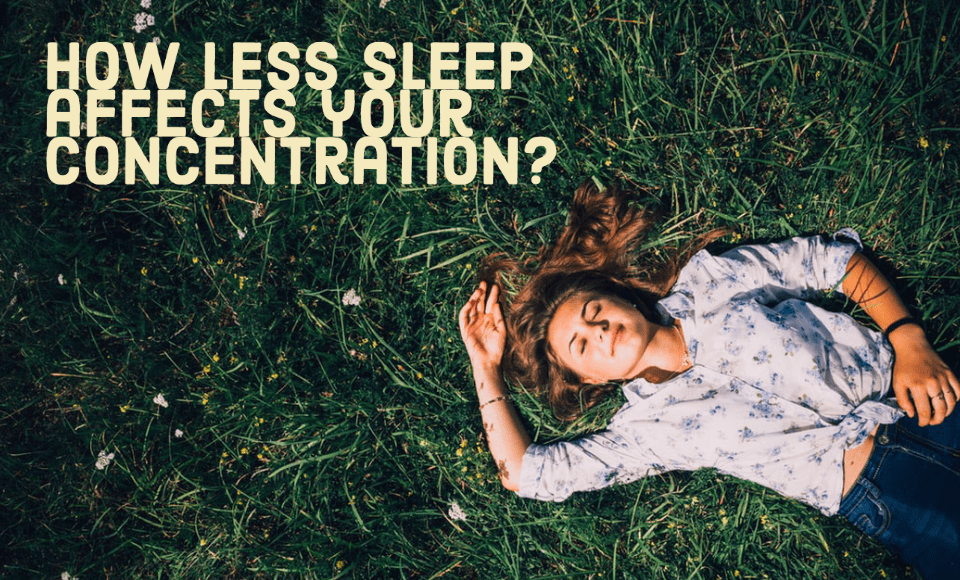According to many studies, less than one-third of adults get the recommended 7 to 8 hours of sleep per day. Sleep is one of the basic essentials of the human body. When we don’t get enough sleep our concentration fails us and our motor skills begin to wane.
Not surprisingly, college students get even less sleep than their adult counterparts. Between exams, work, and social activities they report 73 percent more sleep difficulties than any other study group. Their grade point averages begin to suffer and their ability to learn begins to decline.
Children who are lacking in sleep may have more moodiness, tantrums and even display hyperactive tendencies. Their school work will also suffer and teachers begin to notice children nodding off in class or worse becoming disruptive in class.
What causes sleep deprivation?
Sleep deprivation can be caused by a myriad of contributing factors. Medications can cause the body to become wired thus creating anxiety that won’t allow a person to get any rest. Illnesses can cause a person to become so uncomfortable that sleep is elusive. Work-related stress or worry is a great contributing factor to sleep deprivation. Personal issues are also in this list of reasons why people can’t sleep.
How does this affect concentration?
When our bodies are getting less sleep we begin to doze off more easily during the day. We begin to fight to stay awake for the things we need to do such as work, school, or frighteningly driving. Applying all of our concentration to trying to stay awake, our concentration suffers in other areas of our lives which can cause accidents and lack of skills in something we normally do well.
How much sleep should we get?
On average, an adult requires just less than seven hours of sleep per night. Many require eight or more hours. Children and teens require approximately ten hours of sleep per night in order to function at optimal levels of performance during the day. College students should get sleep in the range between eight and ten hours depending upon their schedules and age.
The key to how sleep affects concentration is to get your optimal amount of sleep whether it be seven, eight, nine, or ten hours. This may take some trial and error but when you find that you’re feeling rested and able to concentrate you’ll know you’ve hit the optimum amount of sleep for your body. As always, with illness or during times of stress or more activity, this amount may change.
This article has additional information – Can Lack of Sleep Affect My Health?



